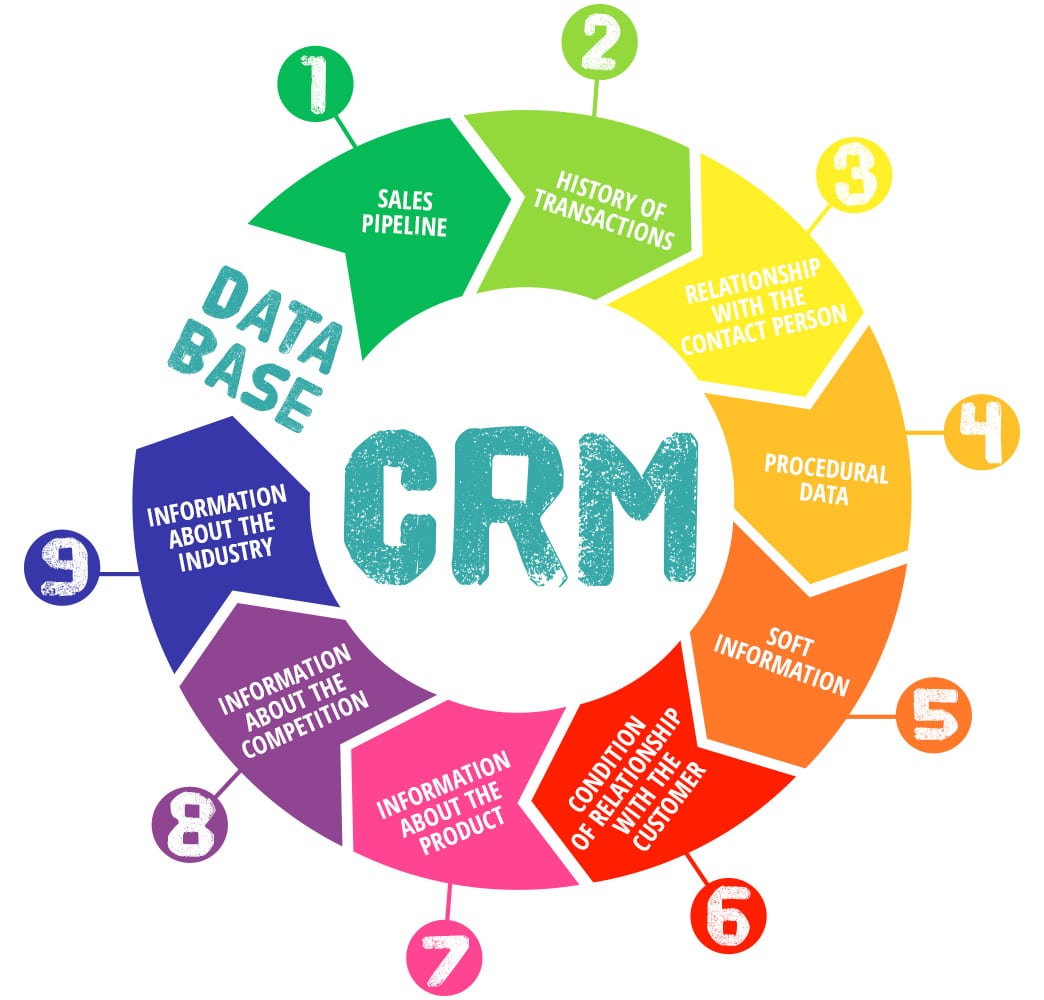In the digital age, businesses are under immense pressure to deliver exceptional customer experiences and outdo their competitors in a hyper-competitive market. To achieve this, many organizations turn to CRM (Customer Relationship Management) software to streamline their interactions and build meaningful connections with their customers. In this article, we’ll delve into the world of CRM software, exploring its definition, benefits, features, and significance in the business world.

Significado of CRM Software: Understanding the Basics
CRM software is a technology platform that allows businesses to organize, automate, and manage customer interactions across various touchpoints, including sales, marketing, and customer service. The primary objetivo (goal) of CRM software is to provide businesses with a centralized hub to store customer data, track interactions, and analyze customer behavior.
By implementing a CRM system, businesses can:
- Improve Customer Insights: Gain a deeper understanding of customer preferences, behaviors, and needs.
- Enhance Customer Engagement: Develop more personalized and targeted marketing campaigns.
- Streamline Sales Processes: Automate routine tasks, and provide sales teams with real-time access to customer data.
- Boost Customer Satisfaction: Respond promptly to customer inquiries and resolve issues efficiently.
Key Features of CRM Software
A comprehensive CRM system typically includes the following features:
- Contact Management: Store customer contact information, interactions, and communication history.
- Sales Force Automation: Automate sales processes, such as lead scoring, opportunity management, and sales forecasting.
- Marketing Automation: Personalize marketing campaigns and automate marketing workflows.
- Customer Service and Support: Manage customer inquiries, issues, and feedback.
- Analytics and Reporting: Analyze customer data and generate insightful reports.
- Integration: Seamlessly integrate with other business applications, such as email, social media, and e-commerce platforms.
Benefits of CRM Software
The adoption of CRM software can yield numerous benefits for businesses, including:
- Increased Productivity: Automate routine tasks, and free up resources for more strategic activities.
- Improved Customer Retention: Deliver exceptional customer experiences, and build long-term relationships.
- Enhanced Collaboration: Provide sales, marketing, and customer service teams with a shared understanding of customer interactions.
- Better Decision-Making: Leverage data analytics to inform business decisions and drive revenue growth.
- Competitive Advantage: Stay ahead of the competition by delivering personalized and targeted customer experiences.
Impact of CRM Software on Business
CRM software has transformed the way businesses interact with their customers, creating a significant impact on various aspects of operations, including:
- Sales: CRM software has improved sales forecasting, lead management, and conversion rates.
- Marketing: CRM software has enabled targeted marketing campaigns, improved customer engagement, and reduced marketing waste.
- Customer Service: CRM software has streamlined customer inquiries, improved response times, and increased customer satisfaction.
Common Challenges and Limitations of CRM Software
While CRM software offers numerous benefits, businesses may face common challenges and limitations, including:
- Implementation Complexity: Installing and configuring CRM software can be time-consuming and costly.
- Data Quality Issues: Poor data quality can limit the effectiveness of CRM software.
- User Adoption: Encouraging user adoption and ensuring that employees understand the full potential of CRM software can be a challenge.
- Integration Issues: Integrating CRM software with other business applications can be complex and require additional resources.
Best Practices for Implementing CRM Software
To ensure a successful CRM implementation, businesses should:
- Define Clear Objectives: Establish clear goals and objectives for the CRM implementation.
- Choose the Right Vendor: Select a CRM vendor that aligns with business needs and requirements.
- Develop a Rollout Plan: Create a phased rollout plan to ensure a smooth transition.
- Provide Training and Support: Offer training and support to ensure user adoption and maximize the potential of CRM software.
Frequently Asked Questions (FAQs)
Q1: What is the primary purpose of CRM software?
The primary purpose of CRM software is to manage customer interactions, improve customer relationships, and drive business growth.
Q2: Can CRM software improve sales performance?
Yes, CRM software can improve sales performance by providing sales teams with real-time access to customer data, automating sales processes, and enabling sales forecasting.
Q3: Is CRM software suitable for small businesses?
Yes, CRM software can be beneficial for small businesses, as it helps to streamline customer interactions, improve customer engagement, and reduce costs.
Q4: Can CRM software integrate with social media platforms?
Yes, many CRM software vendors offer integration with social media platforms, enabling businesses to manage customer interactions across multiple channels.
Q5: What are the common challenges faced during CRM implementation?
Common challenges faced during CRM implementation include implementation complexity, data quality issues, user adoption, and integration issues.
Conclusion
In conclusion, CRM software has become an indispensable tool for businesses to manage customer interactions, improve customer relationships, and drive business growth. By understanding the significado of CRM software, its features, benefits, and limitations, businesses can make informed decisions when selecting and implementing a CRM system. With proper planning, training, and support, CRM software can help businesses stay ahead of the competition and deliver exceptional customer experiences.
Closure
Thus, we hope this article has provided valuable insights into What is CRM Software: Unlocking the Power of Customer Relationship Management. We hope you find this article informative and beneficial. See you in our next article!